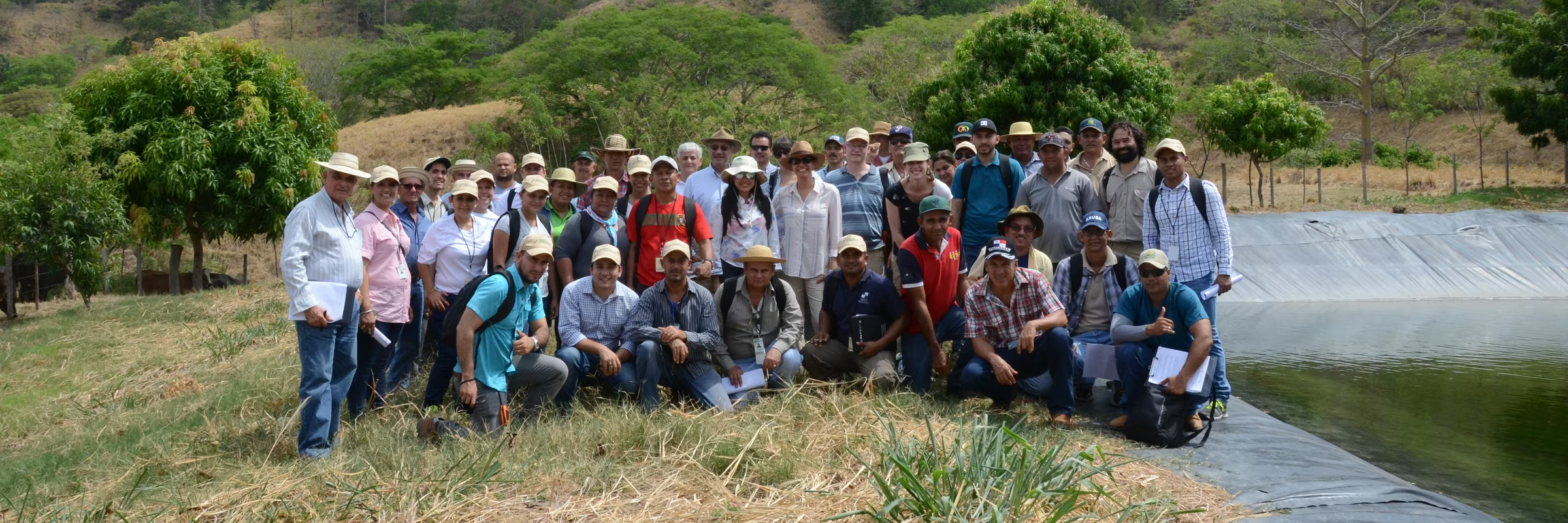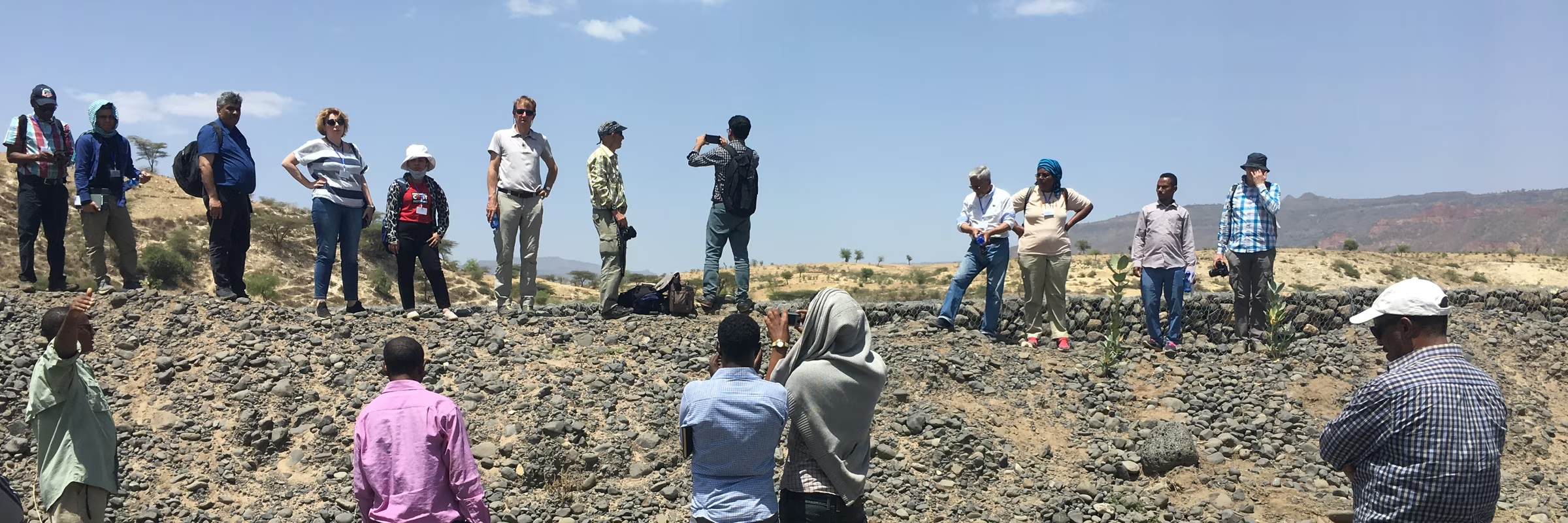Regions & Countries
WOCAT is in the process of setting up Regional Clusters and continues to be active in more than 60 countries worldwide.
- WOCAT - global network on Sustainable Land Management (SLM)
- Regions & Countries
As part of the WOCAT 2020+ strategy, a decentralization process is ongoing with the aim to set up several Regional Clusters, anchoring WOCAT in different regions around the globe.
The WOCAT Regional Clusters are official representatives of WOCAT, defend its interests and promote its messages, visibility and acceptance in the regions. They act as catalysts for mainstreaming SLM and LDN in strategic agendas and for enhancing capacities, through South-South Cooperation (SSC) with other Clusters and partners, in implementing and scaling up SLM.
South-South Cooperation (SSC) has vast untapped potential for knowledge exchange. There is a pool of relevant knowledge and experience about SLM and restoration that can, and should, be shared between countries – and between regions. This can help stimulate action and innovative problem solving.
Africa

About AfriOCAT
The Africa Overview of Conservation Approaches and Technologies (AfriOCAT) was officially launched on October 23, 2025, in Addis Ababa, Ethiopia! We celebrated this key moment with our valued partners, AUDA-NEPAD and the Water and Land Resource Center (WLRC) Ethiopia, alongside influential representatives from African institutions working on Sustainable Land Management (SLM) and land restoration across the continent. We are incredibly excited about this new chapter. AfriOCAT is set to decentralize WOCAT and drive joint action to restore our precious land!
The Focus of AfriOCAT
Document & Build Capacity: AfriOCAT identifies and shares Africa-specific SLM practices, while strengthening skills through peer learning, targeted training, study tours, and South–South exchanges.
Accelerate Uptake: We promote the adoption of context-tailored SLM solutions that enhance climate resilience, improve biodiversity, and reduce land degradation.
Influence Policies: AfriOCAT uses evidence from African SLM/LDN experiences to inform policy at local, national, regional, continental, and global levels - supporting the African Union’s Agenda 2063 and related initiatives.
Read more about AfriOCAT here.
Latin America and the Caribbean
The lead of the Latin America and the Caribbean (LAC) Regional Cluster is still to be defined.
A South-South survey (see on the right hand side) has been realized in 2022 with over 40 institutions in LAC participating. Expertise and demand is being mapped in order to establish a roadmap for the LAC Regional Cluster.
In November 2022, a first LAC regional exchange workshop on LDN was organized in collaboration with the governments of Ecuador, Panama and Argentina. The three countries presented their strategies for the UNCCD PRAIS4 reporting process and participants from more than 10 countries exchanged knowledge to capitalize on lessons learned and good practices regarding the development of the PRAIS4 report.
Near East and North Africa and Central Asia
The Near East and North Africa (NENA) and Central Asia (CA) Regional Clusters will be lead by WOCAT Consortium Partner ICARDA.
A South-South survey (see on the right hand side) has been realized in 2022 with over 50 institutions in NENA and over 20 institutions in CA participating. Expertise and demand is being mapped in order to establish a roadmap for the NENA and CA Regional Clusters.
Hindu Kush Himalaya
The Hindu Kush Himalaya (HKH) Regional Cluster will be lead by WOCAT Consortium Partner ICIMOD. It will be based on the already existing HIMCAT initiative.
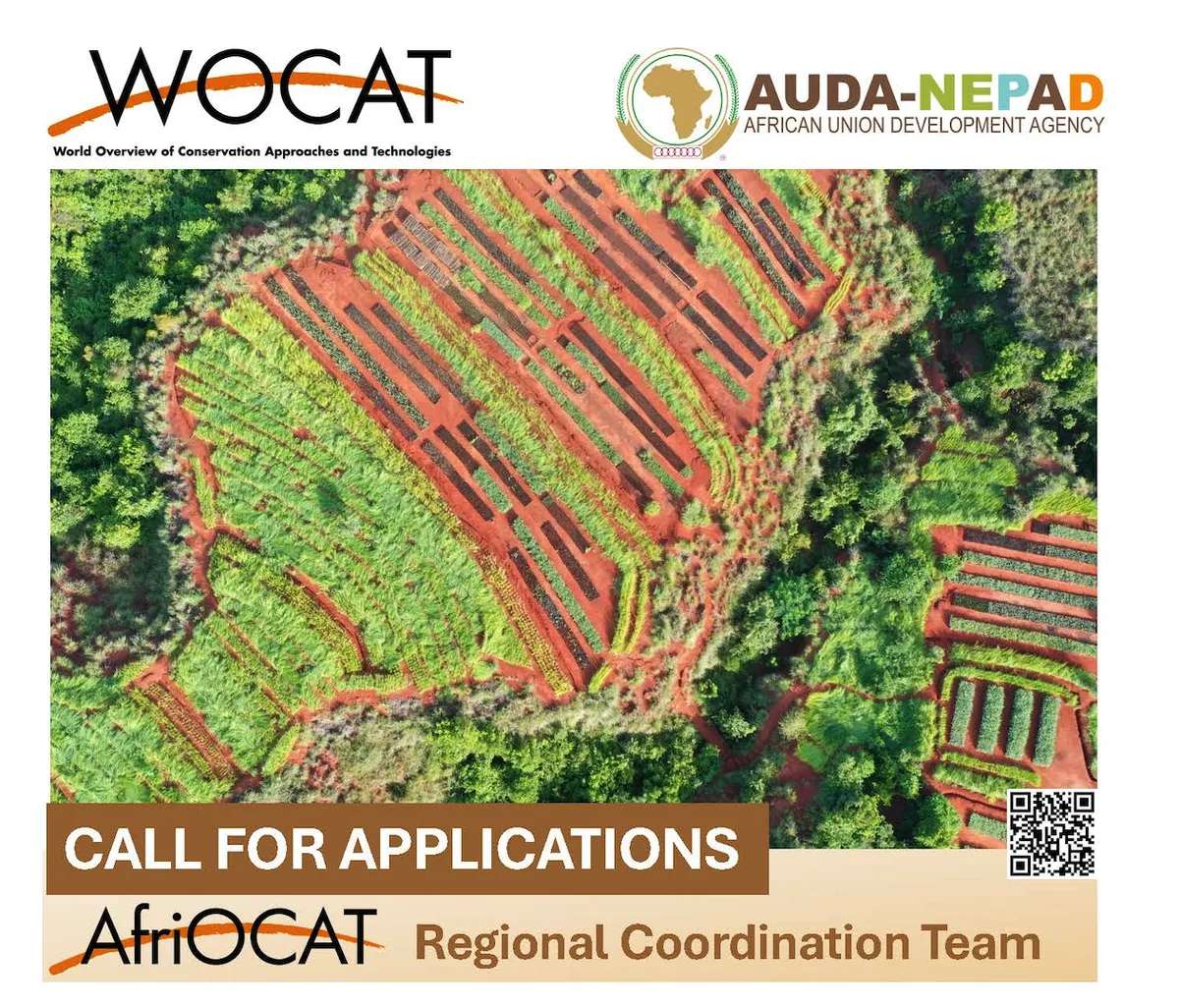
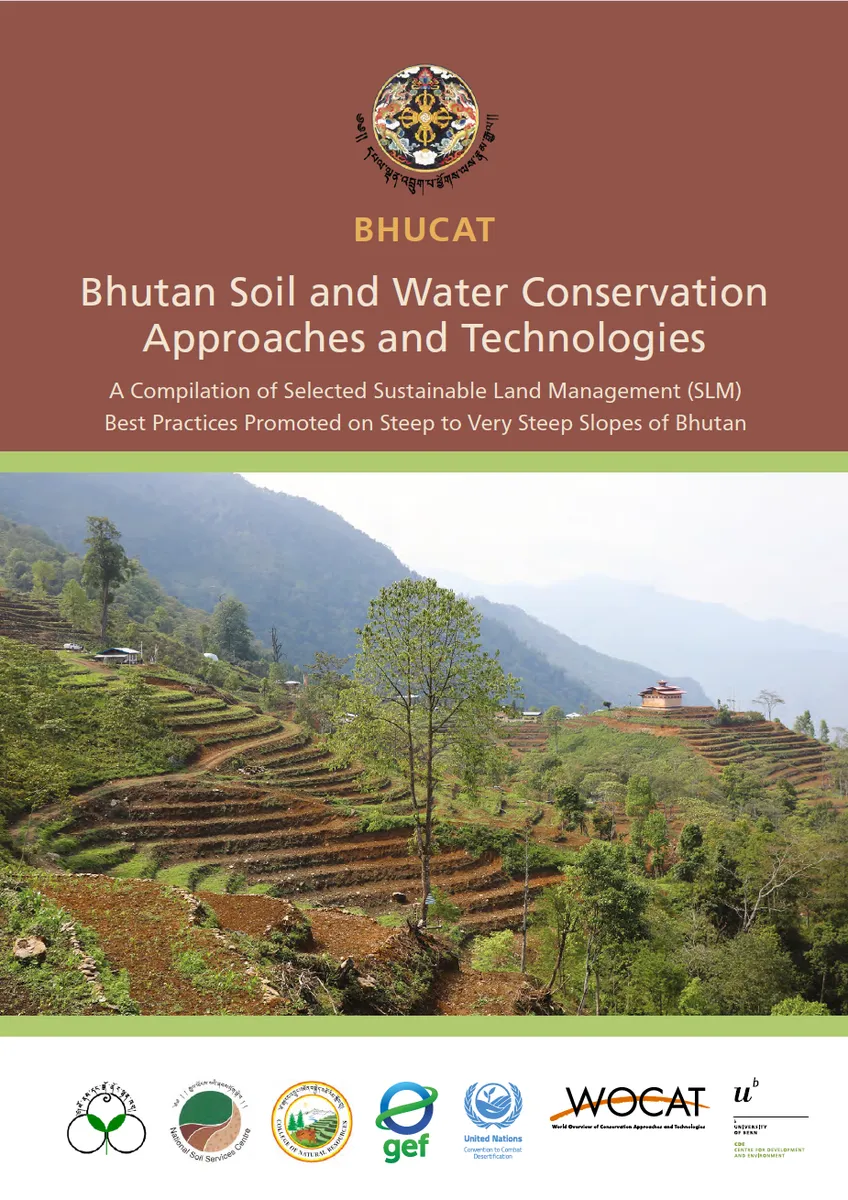
BHUCAT offers practical guidance for farmers, field practitioners, and policymakers to scale resilient land use systems.
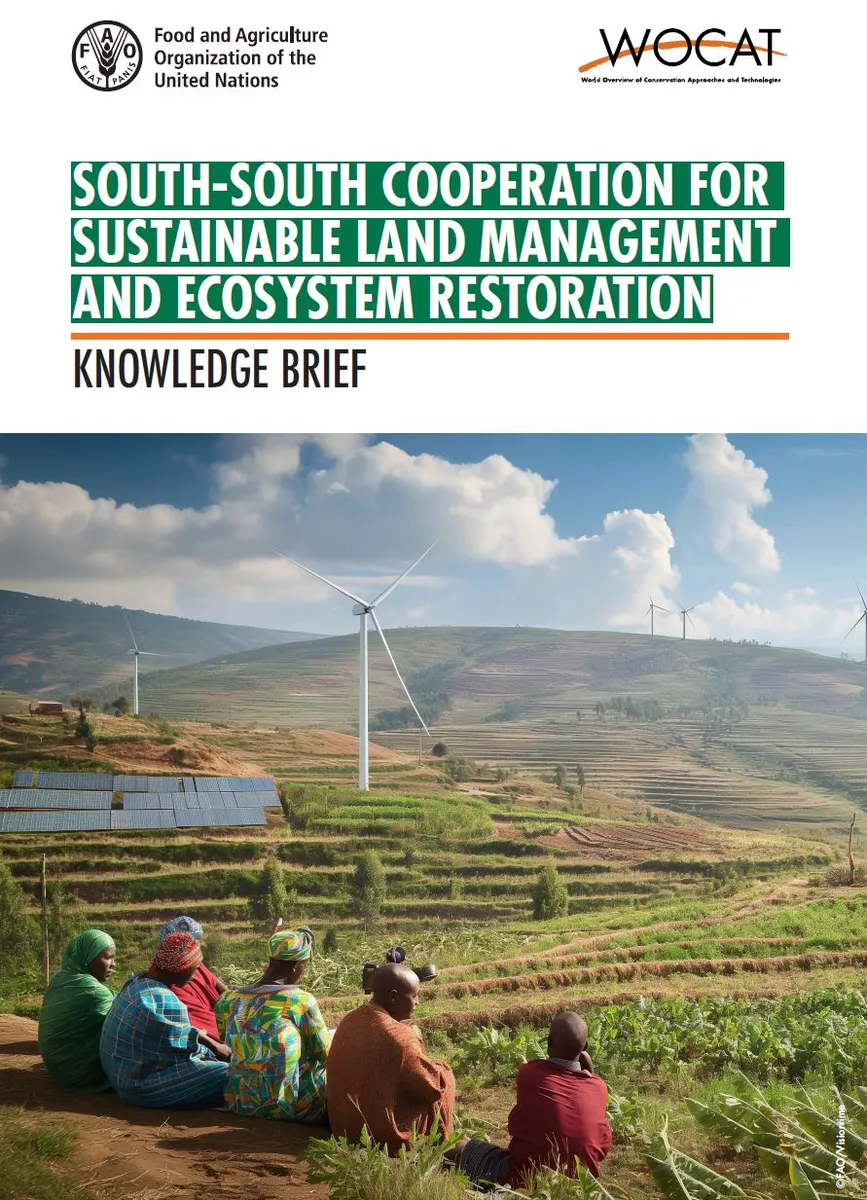
WOCAT and FAO have published a knowledge brief on South-South Cooperation for SLM and ecosystem restoration.
Fill out the South South Collaboration Survey!
We have launched a South-South survey to map expertise and interests of our partners! The survey aims to gather information from different actors in the field of SLM and restoration about their SLM expertise and interest in and demand for South-South knowledge exchange. It focuses on different aspects relevant to SLM including LDN, financing mechanisms, gender, tenure and land use planning.
Your answers will support WOCAT and partners to better interlink countries with similar interests and to connect knowledge providers with knowledge recipients on SLM and restoration.
The survey takes about 30-45 min to fill and is available in the following languages:
